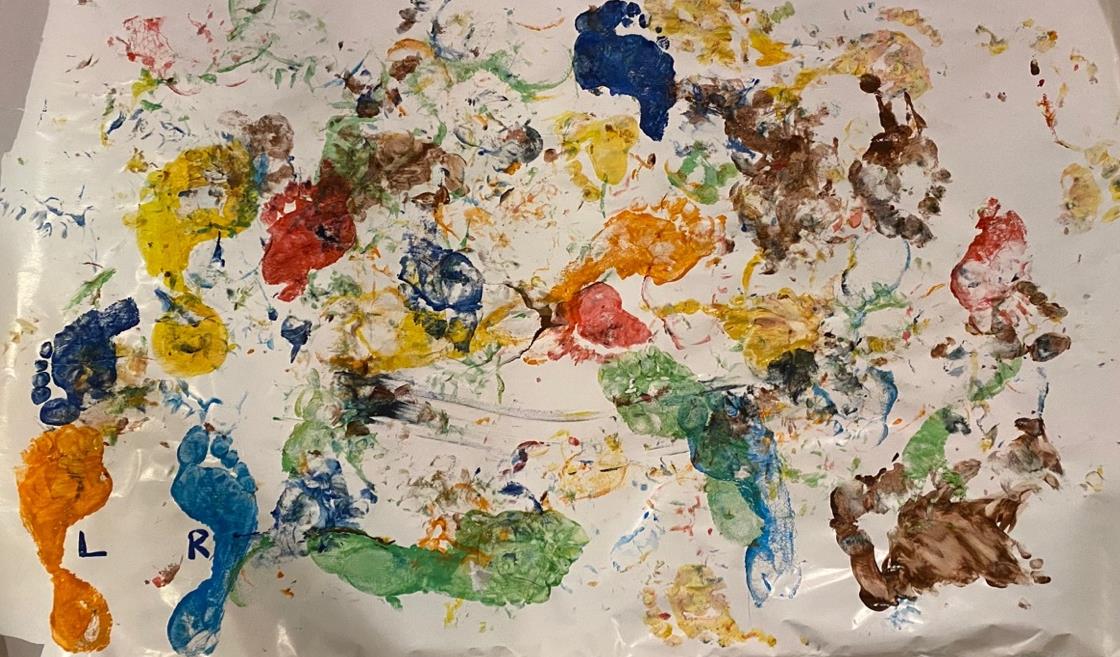This PechaKucha is drawn from research conducted as an organizational ethnography at The Dutch National Ballet (DNB), a renowned professional organization in the culture and arts sector in the Netherlands. However, just like most research trajectories, mine was also full of hurdles that I needed to overcome, the biggest being Coronavirus and the disruptions it created. While constantly adapting myself and my research to the circumstances of the day, I agree with Marcus and Fischer’s description of ethnography being a “messy, qualitative experience” (1986, p.22). I have come to recognize how resilience is very much engraved in the ballet as a profession with opportunities to observe its manifestation even before (or during) adversities; and its learnings can be useful for other (cultural) settings and/or disciplines. In this PechaKucha, by proposing a new perspective to understand ethnographic practice, I suggest that what we learn from ballet can impact the resilience of researchers and the trajectories we take. Keywords: ethnographic practice, embodiment, mind-body coordination, corporeality

Photographed by the presenter.
Almina Karya Odabasi is a Teaching and Research Assistant at Vrije Universiteit Amsterdam, currently working on embodiment and identity building. This interest is fueled by her dance background as a licensed sportsperson. She is also involved in designing teaching innovations and learning activation initiatives. She has undergraduate degrees in international relations and business administration, and a master’s in cultural management. She previously has worked in creative industries, also in different companies’ brand partnerships, public relations, and project management departments. Contact: a.k.odabasi@vu.nl
